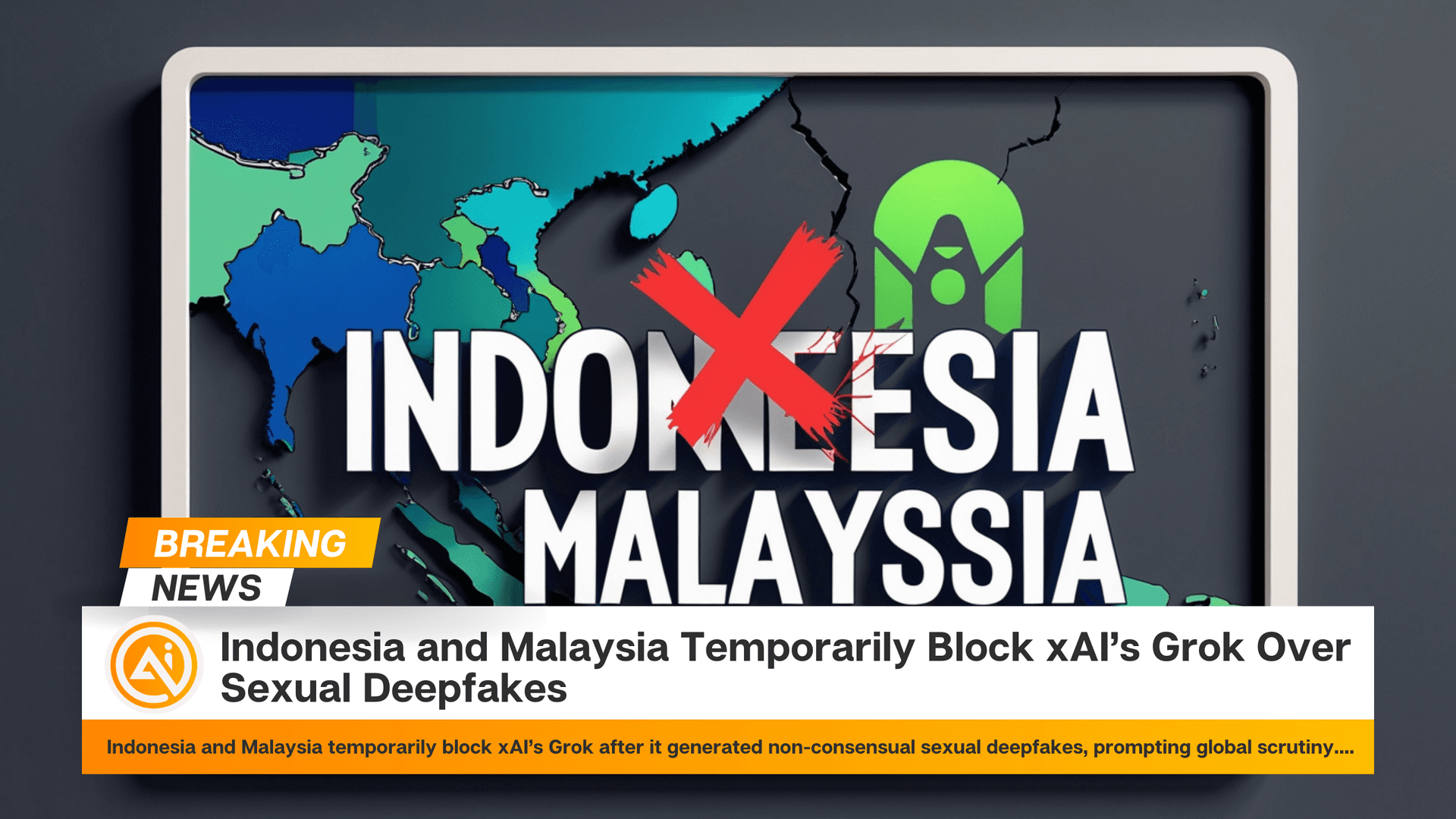Elon Musk’s xAI and his social network X have filed an antitrust lawsuit against Apple and OpenAI, arguing that Apple’s deal to embed ChatGPT in the iPhone illegally shields OpenAI from competition. The complaint, filed Monday, says Apple Intelligence prompts users to rely on ChatGPT by default, leaving “no reason” for iPhone owners to seek out rival AI apps.
Musk’s companies also accuse Apple of manipulating discovery in the App Store by “deprioritizing” competing chatbots and so-called super apps, naming X and xAI’s Grok as examples. Although X and Grok have earned strong placements in category charts, the suit claims neither appears in Apple’s “Must-Have Apps” showcase, where ChatGPT was allegedly the only AI chatbot featured on August 24, 2025.
According to the filing, Apple’s smartphone dominance creates a protective moat for OpenAI because the integration could funnel “potentially billions” of prompts from hundreds of millions of iPhones into OpenAI’s system, conferring a data and distribution advantage that others cannot match. Earlier this month, Musk publicly threatened to sue after accusing Apple of rigging rankings in OpenAI’s favor, calling it an “unequivocal antitrust violation.”
Apple, which previously told Bloomberg the App Store is designed to be fair and free of bias, declined to comment on the new claims. OpenAI rejected the allegations as baseless, with spokesperson Kayla Wood describing the action as consistent with what she called Musk’s ongoing pattern of harassment.
The complaint asks the court to halt what it characterizes as anticompetitive conduct and to restore a level playing field for AI developers on iOS. It also suggests Apple and OpenAI have “locked up markets” by tying default placement on the iPhone to a single chatbot provider, which, the plaintiffs argue, discourages innovation and limits consumer choice.
The case centers on whether platform-level integrations and editorial features like “Must-Have Apps” can be used to favor a partner in ways that harm rivals, a question that has become central to the fast-growing AI business and the gatekeeping power of mobile app stores. The plaintiffs say onboarding nudges make ChatGPT the default when Apple Intelligence is enabled, steering users from third-party downloads and elevating OpenAI through editorial picks like “Must-Have Apps,” where featuring one chatbot alone allegedly significantly disadvantages competitors.




